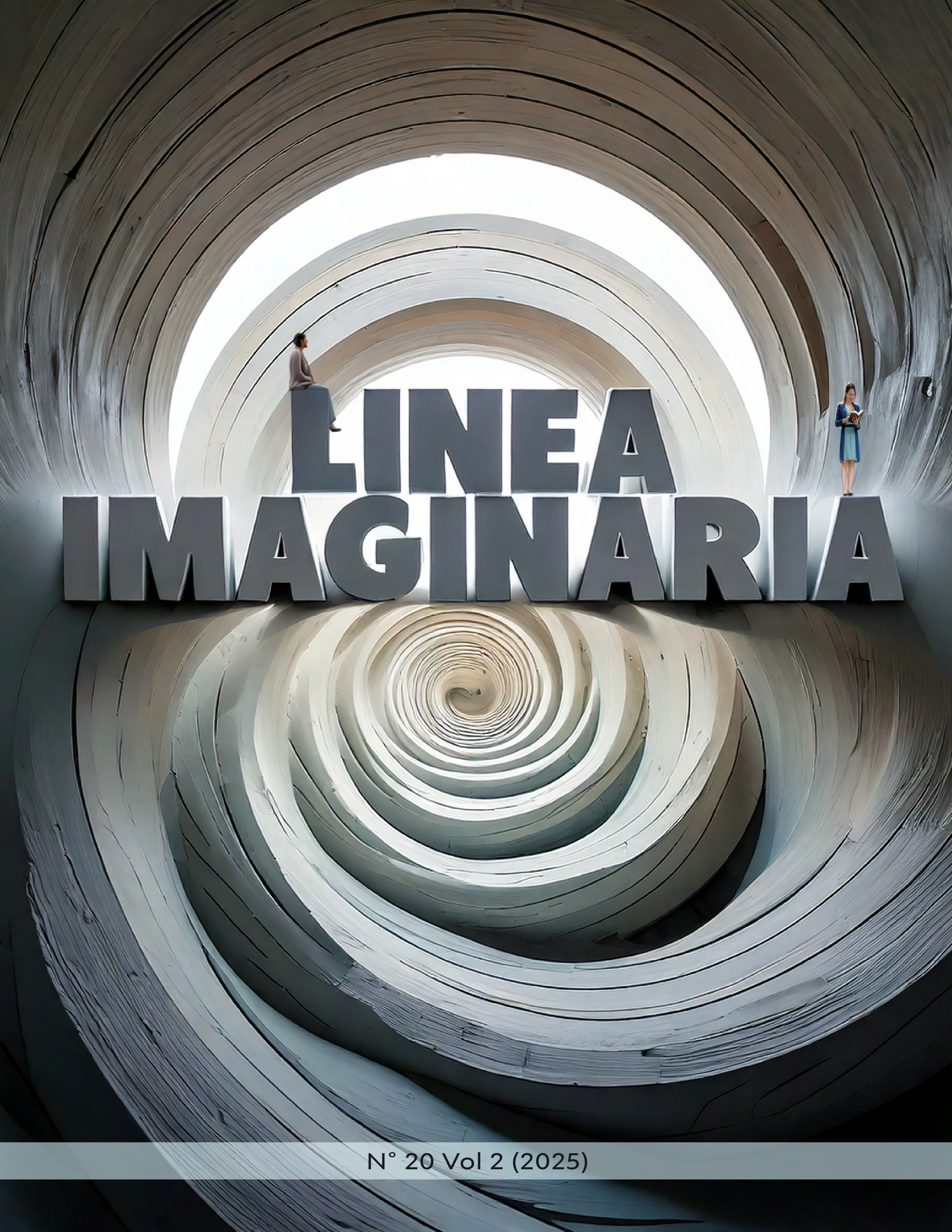EVALUATION AND PRACTICE OF VALUES IN THE EDUCATIONAL COMMUNITY: AN APPROACH FROM CRITICAL PEDAGOGY
DOI:
https://doi.org/10.56219/lneaimaginaria.v2i20.3761Keywords:
value-based education, critical pedagogy, teacher ethics, hidden curriculum, rural school, educational transformationAbstract
This essay addresses the pedagogy of values as a central axis in educational formation, particularly in rural contexts marked by inequality, violence, and exclusion. It is based on the premise that education in values cannot be reduced to normative statements or isolated practices, but must be integrated as a living and meaningful experience that permeates all dimensions of the educational process. Within this framework, it emphasizes the need to re-signify the role of the teacher as an ethical mediator, community builder, and facilitator of transformative learning processes.
The main purpose of the essay was to reflect on the meaning of value-based education in rural Colombian schools, identifying how such values are conceived, applied, and experienced in pedagogical practices. The guiding questions focused on the evaluation of ethical competencies in the classroom, the teacher’s role in their promotion, and the effectiveness of current practices in light of contextual needs. The methodology was qualitative, grounded in an interpretative approach, with emphasis on the critical analysis of educational practices and discourses, supported by documentary sources and situated reflections. The main findings reveal a gap between institutional discourse on values and the lived realities faced by students and teachers in vulnerable territories. The urgency of a pedagogy that incorporates affectivity, dialogue, listening, and recognition of the other as essential foundations for the construction of values is highlighted. Likewise, it is proposed that ethical formation should go beyond the explicit curriculum and be integrated into daily school life as a coherent, participatory, and critical practice. In conclusion, a situated ethical education is proposed—one that contributes to rebuilding social trust and strengthening citizenship from within the classroom, as a political and hopeful act.
Downloads
References
Bolívar, A. (1998). La educación moral en la escuela: Una tarea de todos. Graó.
Carreras, A. (1995). La formación en valores: Propuesta para una acción tutorial. Graó.
Fabelo, J. (2004). La educación en valores: Retos y alternativas. Editorial Pueblo y Educación.
Freire, P. (1970). Pedagogía del oprimido. Siglo XXI Editores.
Freire, P. (1996). Cartas a quien pretende enseñar. Siglo XXI Editores.
Freire, P. (2006). Pedagogía de la autonomía: Saberes necesarios para la práctica educativa. Siglo XXI Editores.
Hoyos, G., & Martínez, J. (2004). Formación ética y educación en valores. Universidad de La Salle.
McLaren, P. (2003). La escuela como performance ritual: hacia una economía política de los símbolos y gestos educativos. Paidós.
Orellana Torres, R. (2024). Pedagogía de valores en la institución escolar. InnovaEduca, 4, 1-9. https://revistascientificas.21.edu.ar/innova/article/view/25
Rojas, S. (2017). Pensamiento de Paulo Freire desde la pedagogía de la autonomía. Revista Educare, 21(2), 1–12.
Schwartz, S. H. (1992). Universals in the content and structure of values: Theoretical advances and empirical tests in 20 countries. Advances in Experimental Social Psychology, 25, 1–65.
UNICEF. (2019). Estado de la educación rural en Colombia: Informe técnico. Fondo de las Naciones Unidas para la Infancia. https://www.unicef.org/colombia
Downloads
Published
How to Cite
Issue
Section
License
Copyright (c) 2025 LÍNEA IMAGINARIA

This work is licensed under a Creative Commons Attribution-NonCommercial-ShareAlike 4.0 International License.
La revista Línea Imaginaria conserva los derechos patrimoniales (copyright) de las obras publicadas, que favorece y permite la reutilización de los mismos bajo la licencia Creative Commons Atribución-NoComercial-CompartirIgual 4.0 , por lo cual se pueden copiar, usar, difundir, transmitir y exponer públicamente, siempre que se cite la autoría y fuente original de su publicación (revista, editorial, URL y DOI de la obra), no se usen para fines comerciales u onerosos y se mencione la existencia y especificaciones de esta licencia de uso. Si remezcla, transforma o crea a partir del material, debe distribuir su contribución bajo la misma licencia del original.














